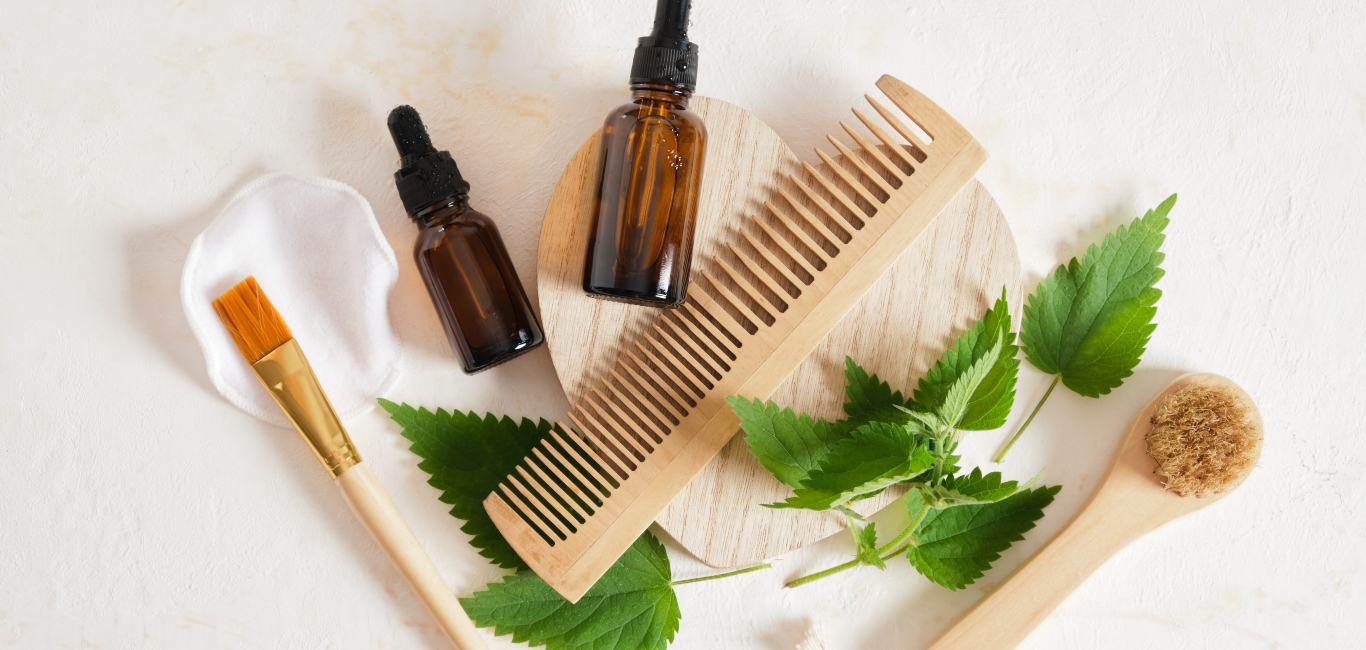
Ruchika Sahoo, a young corporate employee in Delhi, is a fun-loving Hindi film buff who enjoys Hindi film songs, Ayushmann Khurana movies and being with friends.
Her experience with hair may have a familiar ring for many others in her situation today.
Three years ago, Sahoo, who is in her 20s, started noticing that her hair was thinning. She was shocked by the amount of hair she was losing; it was also becoming dull, oily, and frizzy. Her parents blamed her for not following ‘dadi ke nuskhe’ (grandmother’s traditional hacks), one of which is oiling the hair regularly. So she tried all that they suggested but none of it helped.
It became so bad that at one stage she dreaded that she may lose all her hair and even tried to make light of her condition. It only got worse.
“That’s when I realised that the problem is not just superficial,” she says, recounting that she decided to seek medical advice. The doctor whom she consulted diagnosed her with hypothyroidism, a common cause of hair loss, and prescribed medicine for hypothyroidism.
Getting worked up
Looking back, Sahoo recounts that she started experiencing hair loss only after she started working. She says, “Stress had got the better of me, which most likely triggered my hypothyroidism.”
She then consulted Dr Yatri Thacker, a homeopathic consultant at Homeopathic Healing Centre, Mumbai for a long-term solution to her issues. She started taking homeopathic medicines along with modern medicine prescribed by the earlier doctor.
It has been a year since she started her medications. Now she says, “I can see an improvement. I notice that the number of hair in my comb has greatly reduced.”
Addressing the core issue
Homeopaths say that in their system of therapy, before they prescribe any medicine, they consider every facet of a person’s lifestyle, diet, appetite and sleep. They take a detailed history of the kind of stress the person faces, whether it is related to the job, or emotional stress from losing someone. A customised medicine is prescribed according to the person’s situation.
Dr Thacker says, “Homeopathic medicines will take care of both physical and mental stress, but additionally we recommend stress-reducing interventions like yoga and meditation for overall benefits.”
As stress is one of the main culprits in not only hair loss, but many other conditions, Dr Thacker says she frequently conducts stress-busting sessions, meditation, and corporate wellness programmes to motivate people to be stress-free.
Dr Sanjay Panicker, consultant at Amrita Homeopathic Clinic, Bengaluru, agrees. “In any type of hair loss, finding out why the person is having hair loss is the first step. Accordingly, the management is planned.”
Many potential factors
For treating hair loss, understanding why it is happening is important. The American Academy of Dermatology Association (AAD) lists many causes of hair loss as follows;
- Genetics or inherited issues
- Age
- Nutrition deficiency
- Any stress, be it physical such as a childbirth or mental, such as loss of or separation from dear ones
- Thyroid disorder
- Alopecia areata- a condition in which the immune system attacks hair follicles
- Hormonal imbalance, as in polycystic ovarian syndrome or PCOS
- Certain medicines and treatments as for cancer
- Hair colouring
- Certain hairstyles that may tightly pull the hair
- Scalp infection or scalp psoriasis
- A rare condition called trichotillomania in which a person may habitually keep on pulling hair out of stress
Diet and applications
Apart from oral medicines, homeopaths also curate hair oils or hair serums for external application.
Dr Panicker says that one should not solely rely on external applications or just oral medicines to address hair loss issues. One must also look into other aspects such as diet, sleep and lifestyle changes.
He says, “Hair needs nutrients such as protein, iron, and B complex vitamins to grow. So, having a protein-rich diet and including green leafy vegetables will greatly help.” He adds that one must always consult a doctor as some foods are contraindicated in thyroid and other conditions.
A good hair care routine and hair hygiene are equally important in maintaining healthy hair.
Dr Thacker says hair serums can be used along with coconut oil and castor oil. Homeopathic hair oils are made using herbal ingredients such as Jaborandi and Arnica.
Sahoo says, “I had thin, frizzy hair and the serum vastly improved the texture of my hair and made it smooth.”
The experts list out the following hair care tips:
- Wash hair thrice a week. However, overcleaning and overwashing may damage the hair while underwashing can lead to poor hygiene.
- Massage the hair and scalp once a week with oil.
- Make sure the haircare products used are mild and free from sulphate and paraben. Herbal homeopathic shampoos may also help.
- Use a wooden comb that can prevent static damage to hair.

















